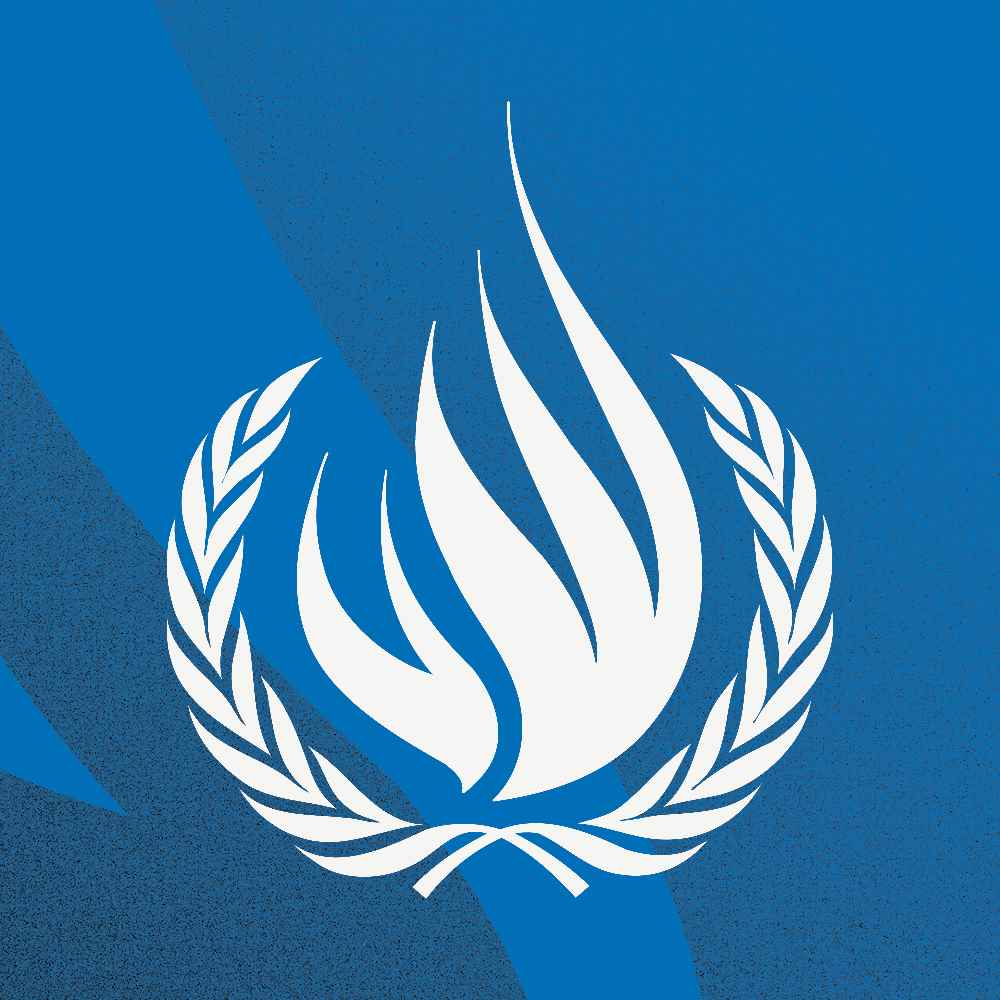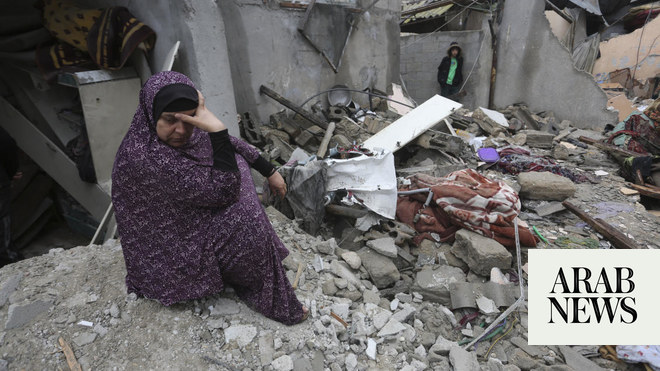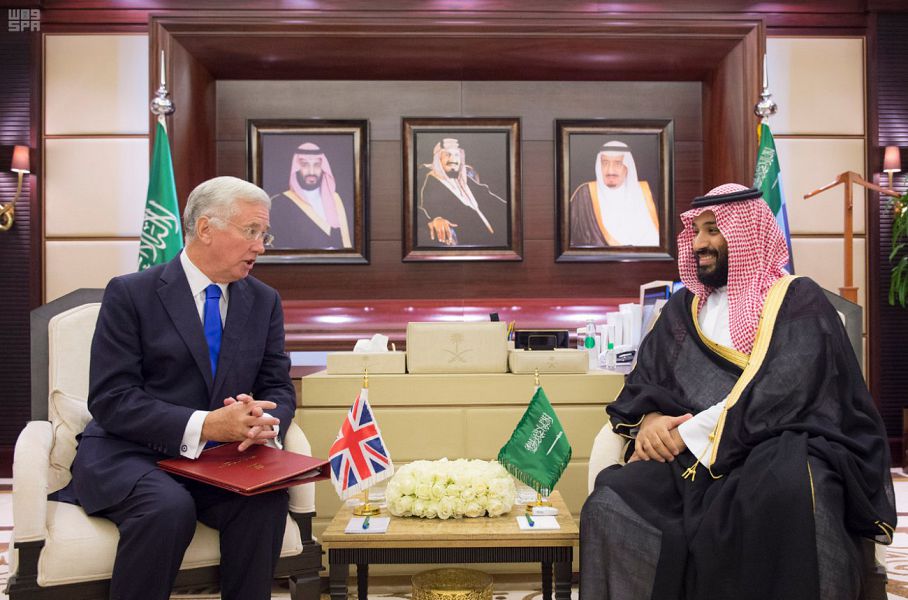
NEW YORK (1 November 2022) –A growing reliance on private contractors to protect vessels, commercial shipping, offshore platforms, ports, and other maritime infrastructure has exposed human rights violations perpetrated by private military and security companies, mercenaries and others, UN experts said.
A report presented to the General Assembly by the Working Group on the use of mercenaries explores how the maritime security sector has evolved as a direct response to the challenge of piracy and other threats, including interstate warfare or militarised disputes, and terrorism in multiple geographical regions.
As maritime security has become a focus of concern among States and other international actors, there is a trend towards the hybridisation of security provision at sea, where public and private security combine.
“While these shifts carry the potential for more secure maritime transit, it may also come at a cost to human rights, including the disproportionate use of force, violations to rights to life, liberty, and due process guarantees,” the experts said.
Chair of the Working Group, Sorcha MacLeod, said non-existent or weak regulatory frameworks create a situation where the lack of monitoring and oversight enable human rights abuses to flourish. “Similarly, labour rights of private security personnel themselves are also at substantial risk. The proliferation and weak regulation and management of weapons at sea, particularly via floating armouries, are also problematic,” MacLeod said while presenting the report.
The Working Group highlighted a reported increase in the use of maritime vessels to transport weapons for mercenary purposes, and the potential risks of human trafficking via the maritime transfer of coerced mercenary recruits from certain countries. “We are concerned by the opacity around the use of maritime vessels to support mercenary-related activities; further data collection and research are required in this area.”
The experts are concerned by lack of accountability for such violations. “Proper oversight and regulation of private military and security companies operating in the maritime context is urgently needed, in particular to ensure that victims of abuses at sea perpetrated by such actors can gain access to justice and effective remedy,” the Working Group concluded.
*The experts: Sorcha MacLeod (Chair-Rapporteur), Jelena Aparac, Ravindran Daniel, Chris Kwaja, Carlos Salazar Working Group on the use of mercenaries as a means of violating human rights and impeding the exercise of the right of peoples to self-determination
The Working Groups and Special Rapporteurs are part of what is known as the Special Procedures of the Human Rights Council. Special Procedures, the largest body of independent experts in the UN Human Rights system, is the general name of the Council"s independent fact-finding and monitoring mechanisms that address either specific country situations or thematic issues in all parts of the world. Special Procedures" experts work on a voluntary basis; they are not UN staff and do not receive a salary for their work. They are independent from any government or organization and serve in their individual capacity.
For further information or media enquiries please contact: OHCHR-mercenaries@un.org.
For media inquiries related to other UN independent experts please contact Renato Rosario De Souza (renato.rosariodesouza@un.org) or Dharisha Indraguptha (dharisha.indraguptha@un.org)
Follow news related to the UN’s independent human rights experts on Twitter: @UN_SPExperts.
Concerned about the world we live in?
Then STAND UP for someone’s rights today.
#Standup4humanrights
and visit the web page at http://www.standup4humanrights.org









